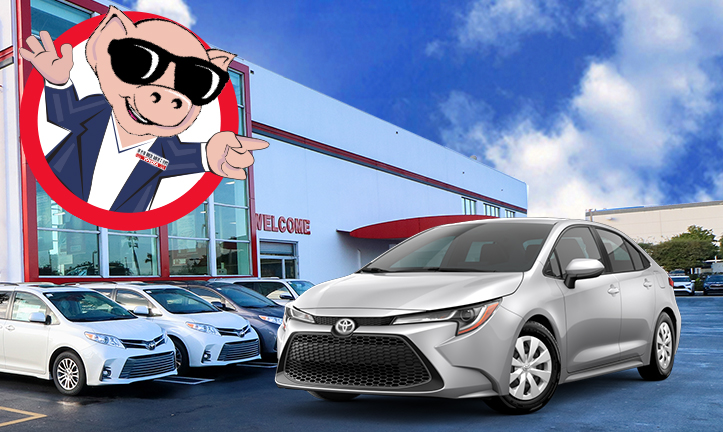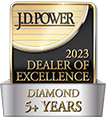
Finding a new car that suits your lifestyle requires a bit of research, and while
starting the search may feel daunting, the process doesn’t have to be complicated.
In today’s market, cars sell fast, prices are on the rise, and there are hundreds of
models to sort through. So before you head to the dealership, consider these three
things: your budget, quality (aka longevity), and each car’s reliability.
Here’s what you should know.
Quality of the Car
Quality refers to how well a car is built and how long it will last — this includes
everything from engine function to paint quality, accessories, tires, and more.
If you’ve never bought a car, it may be safest to stick to well-known brands with
good reputations (like Toyota). Whether you plan to buy new or used, many
noteworthy car dealerships offer detailed information on each vehicle’s history, build,
and overall health. You can also learn about a car’s reputation by looking at online
user ratings and reputable car review websites.
Drivers, especially those buying used, also have the option to have a professional
mechanic examine the car before buying it. Even though you will have to pay for the
inspection, a sound technician can point out any issues that might cost you much
more in the future.
It’s also important to remember that when buying brand-new cars that are just
hitting the market, there may be more quality issues to deal with than cars that have
been around for a while. It’s not uncommon for manufacturers to deal with bugs in
the first several months of production, so consider opting for a vehicle that people
already know and love.
Cost of Ownership
Unfortunately, owning a car nearly always costs more than simply purchasing one. So
before you make any big decisions, consider the overall cost of car ownership (think
maintenance, accessories, tax, gas, etc.) and stick to a strict budget. This will help
you avoid buyer’s remorse or any impulse spending you’re not comfortable with.
While buying a car is no small purchase, there are ways to decrease the price tag.
First, if you already own a car, consider trading it in for credit toward your new
vehicle. Depending on the age and condition of your car, you may be able to get a
helpful sum.
Secondly, keep your eye out for sales. Car dealerships often hold annual sales around
special holidays. If you’re unsure when the next sale will occur, call nearby
dealerships and ask for more information.
It’s also important to remember that you don’t need to add every accessory you want
in your car right away. If you’re not ready to pay for all your favorite amenities,
there’s no shame in waiting a few months down the line to include those.
Vehicle Reliability
Whether you are buying a new or used car, you should think about how it will fit in
with your lifestyle. For instance, while a fast convertible might be enticing, you must
consider your needs. For example, can it pull your family’s camper? Is the trunk big
enough for weekend trips to the beach? What about car seats?
You need to be able to rely on your car to keep you safe, fit your family, and not
break the bank. Make a checklist of what you need in a car, like space, gas mileage,
etc. Then, narrow your search to vehicles that best serve those needs.
Thankfully, most cars today come with a promise of dependability and excellent
warranty plans that should put your mind at ease. Cars today can rack up tons of
miles before showing signs of wear and tear, so as long as you do your research and
think of the above criteria, you’ll drive off the lot happy.
For more information on purchasing a new or used vehicle, call or visit us at
Headquarter Toyota in Hialeah, FL, today.






